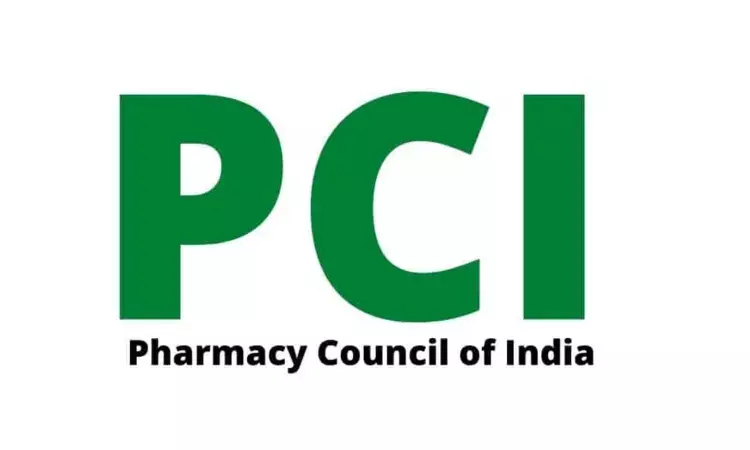- Home
- Medical news & Guidelines
- Anesthesiology
- Cardiology and CTVS
- Critical Care
- Dentistry
- Dermatology
- Diabetes and Endocrinology
- ENT
- Gastroenterology
- Medicine
- Nephrology
- Neurology
- Obstretics-Gynaecology
- Oncology
- Ophthalmology
- Orthopaedics
- Pediatrics-Neonatology
- Psychiatry
- Pulmonology
- Radiology
- Surgery
- Urology
- Laboratory Medicine
- Diet
- Nursing
- Paramedical
- Physiotherapy
- Health news
- Fact Check
- Bone Health Fact Check
- Brain Health Fact Check
- Cancer Related Fact Check
- Child Care Fact Check
- Dental and oral health fact check
- Diabetes and metabolic health fact check
- Diet and Nutrition Fact Check
- Eye and ENT Care Fact Check
- Fitness fact check
- Gut health fact check
- Heart health fact check
- Kidney health fact check
- Medical education fact check
- Men's health fact check
- Respiratory fact check
- Skin and hair care fact check
- Vaccine and Immunization fact check
- Women's health fact check
- AYUSH
- State News
- Andaman and Nicobar Islands
- Andhra Pradesh
- Arunachal Pradesh
- Assam
- Bihar
- Chandigarh
- Chattisgarh
- Dadra and Nagar Haveli
- Daman and Diu
- Delhi
- Goa
- Gujarat
- Haryana
- Himachal Pradesh
- Jammu & Kashmir
- Jharkhand
- Karnataka
- Kerala
- Ladakh
- Lakshadweep
- Madhya Pradesh
- Maharashtra
- Manipur
- Meghalaya
- Mizoram
- Nagaland
- Odisha
- Puducherry
- Punjab
- Rajasthan
- Sikkim
- Tamil Nadu
- Telangana
- Tripura
- Uttar Pradesh
- Uttrakhand
- West Bengal
- Medical Education
- Industry
Unqualified Registrars Appointed in State Pharmacy Councils, PCI Raises Regulatory Alarm

New Delhi: Raising serious concerns over regulatory violations, the Pharmacy Council of India (PCI) has found that several State Pharmacy Councils (SPCs), including those in Uttar Pradesh, Delhi, Haryana, and Madhya Pradesh, have appointed registrars without pharmacy qualifications, in direct breach of Chapter 3 of the Pharmacy Act, 1948.
According to a recent media report in the LiveMint, the national pharmacy education watchdog has termed this practice a violation that risks undermining the quality of pharmaceutical education and professional standards in the country.
“It has been observed that some of the State Pharmacy Councils, such as Uttar Pradesh, Haryana, Delhi, Madhya Pradesh, among others, are appointing a registrar without any pharmacy qualification and are violating Chapter 3 of the Pharmacy Act, 1948. We are getting complaints from these states wherein students are facing problems and impacting their education,” stated a senior government official on condition of anonymity.
Registrars play a key role in verifying credentials, maintaining the register of pharmacists, and implementing the provisions of the Pharmacy Act. The PCI has expressed concern that appointing non-pharmacists to this role compromises professional oversight and the integrity of the registration process. The official added that an unqualified registrar “lacks the necessary technical knowledge to accurately implement education regulations, potentially compromising patient safety and the integrity of the profession.”
The Pharmacy Act, 1948 clearly stipulates that registrars should be qualified pharmacists — typically holding a Bachelor of Pharmacy (BPharm) or at least a Diploma in Pharmacy (DPharm) from a PCI-approved institution. The PCI document reviewed by Livemint highlights the council’s directive to all state bodies to ensure “strict compliance” and appoint only qualified pharmacists to registrar positions.
Commenting on the broader issue of pharmacy education, Dr Y. K. Gupta, former head of pharmacology at AIIMS, New Delhi, emphasised that the curriculum must evolve with the times. “Incorporating digital technology, AI, oncopharmacy, radiation pharmacy and pharmacovigilance is vital to up-skill future pharmacists,” he stated, stressing the need for contemporary reforms to prepare graduates for changing healthcare demands.
Livemint reports that the PCI has warned that failure to comply could invite regulatory action, including derecognition of state councils or withholding approvals for pharmacists registered by non-compliant SPCs. The council’s latest dashboard shows 126,351 approved pharmacists in teaching or practice and 6,503 PCI-recognized institutions across India offering DPharm, BPharm, MPharm, and PharmD courses — underscoring the importance of qualified registrars to maintain professional standards.
M. Pharm (Pharmaceutics)
Parthika Patel has completed her Graduated B.Pharm from SSR COLLEGE OF PHARMACY and done M.Pharm in Pharmaceutics. She can be contacted at editorial@medicaldialogues.in. Contact no. 011-43720751


